I have been away from these pages this last month because I was so busy being a grandmother that I didn't have time to write about grandmothering. Our middle daughter, Jenny, who lives in Germany, was visiting here with her two daughters, and the time flew by. We honored two family traditions -- took a house on the New Jersey shore with them, plus our eldest daughter, Nancy, and her two daughters for a week; took the whole gang plus our youngest daughter, Dorri, with boyfriend and dog, for a few days to a friend's house in the country; and then enjoyed a little bit of what there is to enjoy in New York City and here in Port Washington.
In between the various activities and events, one of the granddaughters' favorite pastimes was reading. Lisa and Maika, who both read German and English, alternated between books in one language or the other. Anna read a fantasy novel ("I don't know what I would do if I couldn't read," she told me), and Nina laughed over Katie Davis's new chapter book. Nancy and Jenny were reading "Water for Elephants," one with a library copy, one with a battered paperback. And all of this gladdened me, as a former English major. (Maybe being an English major alters the DNA of your children?)
So I didn't personally identify with the issues raised in an article in yesterday's New York Times, about a falling off of reading for fun among today's young people. Still, while bemoaning the loss of this time-honored and valuable ability, it was interesting to realize the different skills sharpened by surfing the Net and how these skills may actually complement their reading. So far reading books seems to lead to higher reading achievement than reading on the Internet, but this may change. As the article says, "Reading five Web sites, an op-ed article and a blog post or two, experts say, can be more enriching than reading one book."
In any case, the article emphasizes one more major way in which our grandchildren's lives are not only different from our lives, but different from their parents' too. You can access the article at http://www.nytimes.com/2008/07/27/books/27reading.html?ex=1217908800&en=b2960ae3b8cce1b2&ei=5070. I'll be interested in other opinions about this societal shift.
Sparkler Pencils
2 days ago














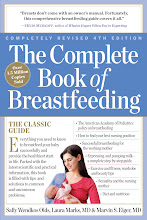







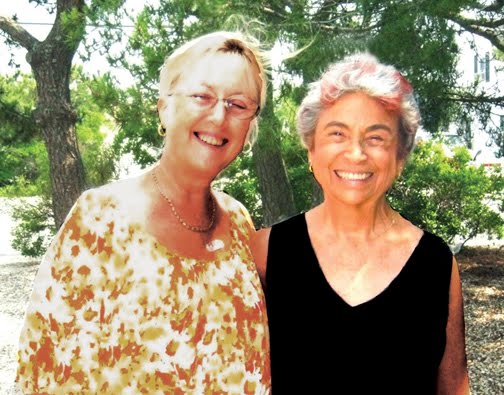.jpg)
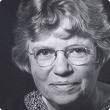


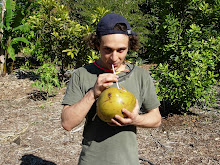

.jpg)
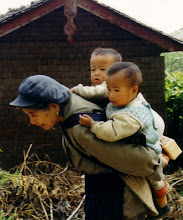.jpg)
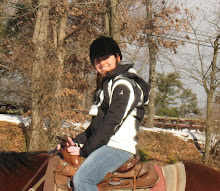.jpg)
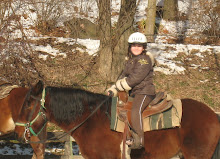.jpg)
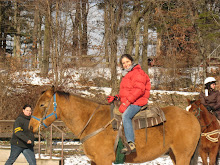

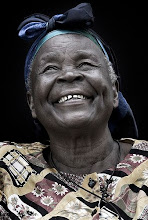

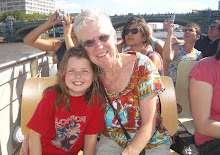.jpg)






.jpg)